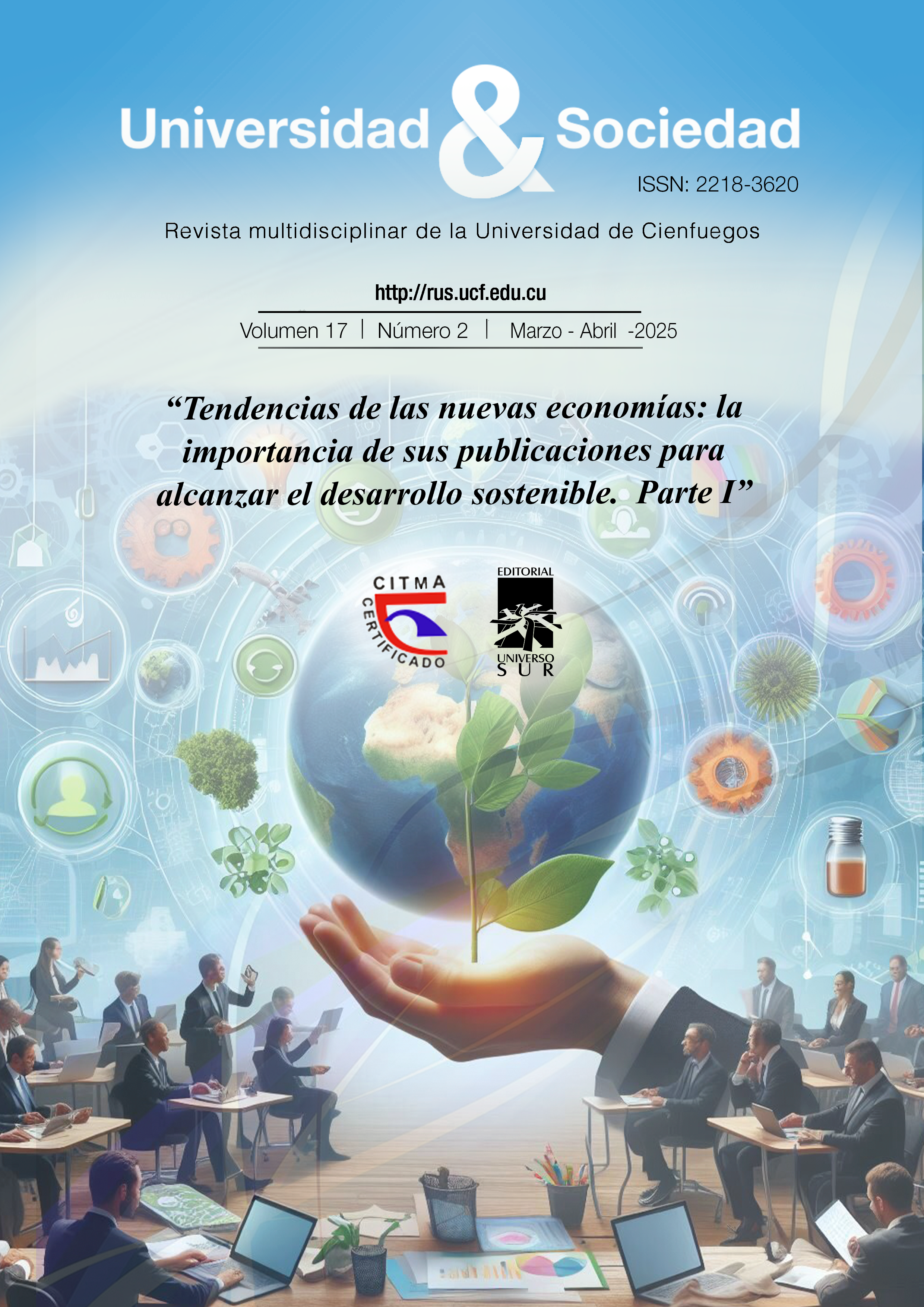Evaluation of learning and development difficulties in students at a public university
Keywords:
Higher education, Learning difficulties, Visual problems, Auditory problems and development, University students.Abstract
The learning and academic development of university students are highly relevant topics in higher education; however, in this context, some difficulties may significantly influence students' academic performance and personal and professional development. Therefore, this research aimed to explore the challenges in learning and development among students at the Universidad Nacional Amazónica de Madre de Dios. A descriptive study was conducted with a population of 473 incoming students and a representative sample of 212 participants. The results showed that students exhibit limitations in inferential and critical-evaluative levels, with low performance in spelling and cohesion, and a regular level of coherence and adequacy. Regarding mathematical problem-solving, deficiencies were identified in planning, execution, and comprehension of problems. Additionally, auditory difficulties related to sound intensity and ear infections were found, while visual dysfunctions were more prevalent than ocular pathologies among the student population. It was concluded that students at the National University of the Amazon in Madre de Dios face challenges in learning and development, emphasizing the need to implement educational and health strategies to address these difficulties and support students' comprehensive development.
Downloads
Published
How to Cite
Issue
Section
License
Copyright (c) 2025 Editorial "Universo Sur"

This work is licensed under a Creative Commons Attribution-NonCommercial-NoDerivatives 4.0 International License.
La editorial "Universo Sur", de la Universidad de Cienfuegos, publica el contenido de la Revista "Universidad y Sociedad" bajo una Licencia Creative Commons Atribución-NoComercial-SinDerivar 4.0 Internacional.
© Podrá reproducirse, de forma parcial o total, el contenido de esta publicación, siempre que se haga de forma literal y se mencione la fuente.










